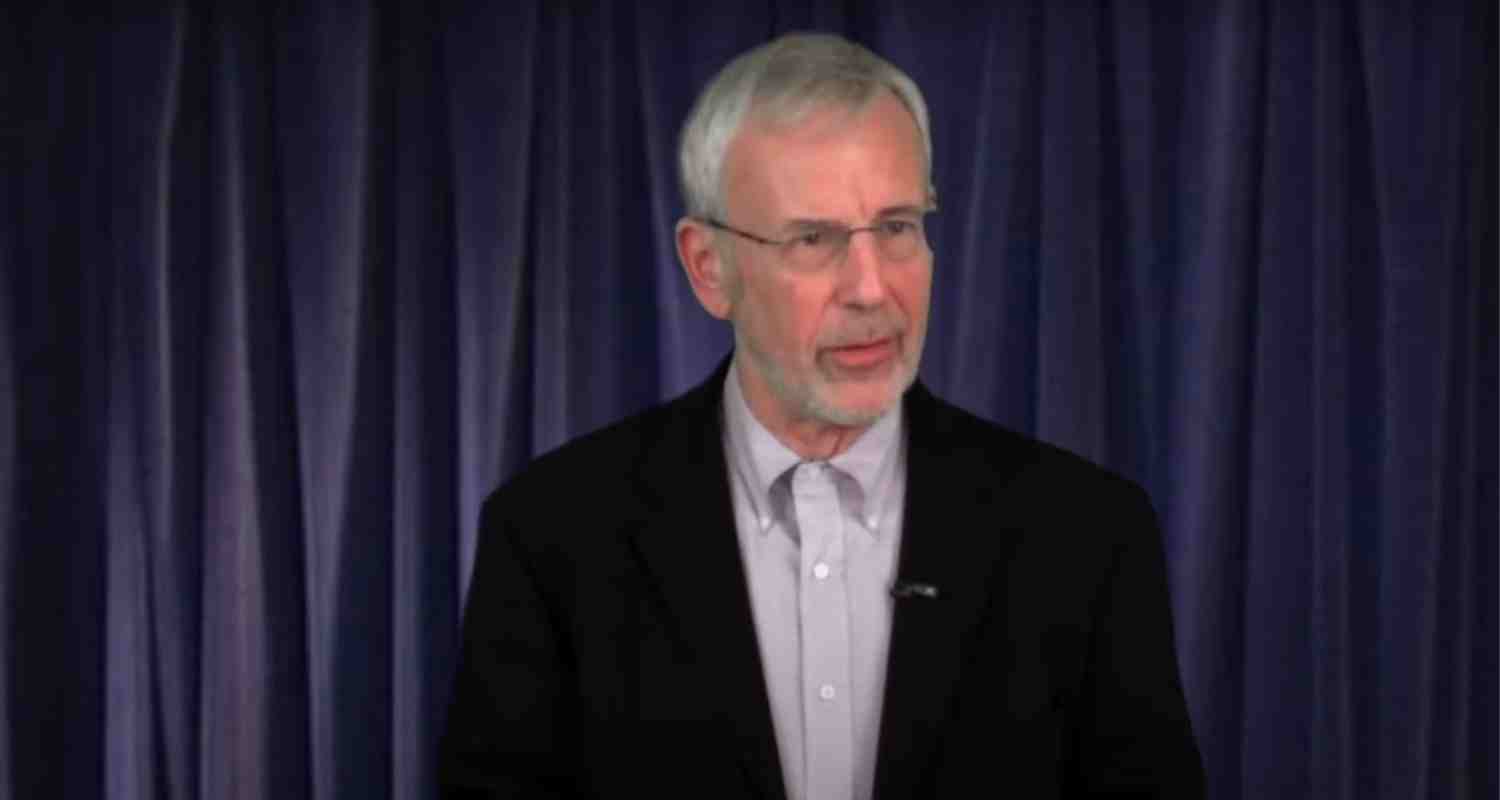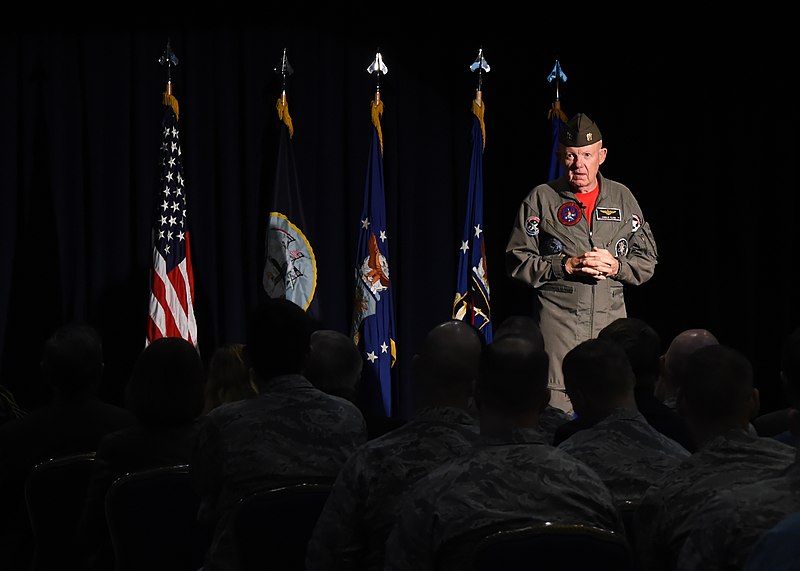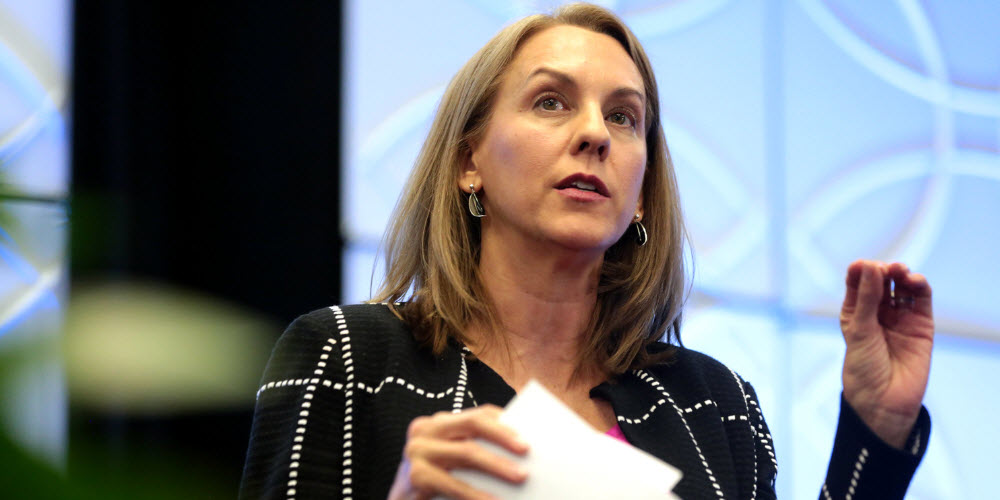What would you be willing to do to feel alive in your work every day? Jack Craven asks executives from all walks of life this question. Jack is the author of Aliveness Mindset: Lead and Live with More Passion, Purpose, and Joy. His book includes more than a dozen tools and frameworks for starting the journey of aliveness. This conversation addresses David Robsen’s expectation effect, the actual vs. the ideal self, anchoring mindsets, accelerants, and magic words.
Episode Highlights
- Harold Geneen’s quote and his state of aliveness.
- From trial attorney to CEO in the family business to executive coach.
- The starting point for aliveness.
- The leader’s role and responsibility when team members lack this mindset.
- “It’s not a destination, but a journey …”
- A CEO’s story of hopelessness, fear, and frustration.
- Jim Dethmer and the 15 commitments.
- The actual, ought, and ideal self.
- Untangling anchoring mindsets.
- Self-compassion starts with ending the harmful stories we tell ourselves.
- The definition of accelerant and how it applies in the aliveness toolkit.
- Giving our full attention to others is being present for others because they want to be heard and seen.
- Jack’s two favorite questions he asks CEOs when he meets them.
In Aliveness Mindset, executive coach Jack Craven shares the principles and strategies he has used to lead countless CEOs and high-level business leaders into a more fulfilling, authentic life.
Selected Quotes from Aliveness Mindset
Note: all reference page numbers are from the Kindle version.
Author David Robson builds on the idea of mindsets in his book The Expectation Effect. “Our minds aren’t passive observers, simply perceiving reality as it is. Our minds change reality. In other words, the reality we will experience tomorrow is in part a product of the mindsets we hold today.”
Page 62
I had been focusing entirely on efficiency, productivity, and progress. That was where I got my value and my sense of fulfillment, but it meant I was totally at the mercy of my calendar and to-do list. I was not leading. I was being led.
Page 158
Self-compassion is a tool most of us should use a lot more. Many of us are better at showing grace to other people than we are to ourselves.
Page 223
One reframe technique I often use is called magic words. Magic words are key words or phrases that you decide on beforehand to help trigger an immediate perspective shift in a particular situation.
Page 231
“LIVING ALL IN” ISN’T ABOUT experiencing immediate, blissful success in everything you do. It’s about focusing on your day-to-day experience. It’s about the little things you do to create more aliveness in your relationships and interactions. Living All In is about focusing on how you can bring a better version of yourself into everything you do, every day.
Page 241
Books Mentioned on the Show
- The Expectation Effect: How Your Mindset Can Change Your World by David Robson
- The Power of Regret: How Looking Backward Moves Us Forward by Dan Pink
- Charlie Hustle: The Rise and Fall of Pete Rose, and the Last Glory Days of Baseball by Kieth O’Brien
- An Unfinished Love Story: A Personal History of the 1960s by Dorris Kearns Goodwin
- The Demon of Unrest: A Saga of Hubris, Heartbreak, and Heroism at the Dawn of the Civil War by Erik Larson
Episode Pairings





Leave a Reply